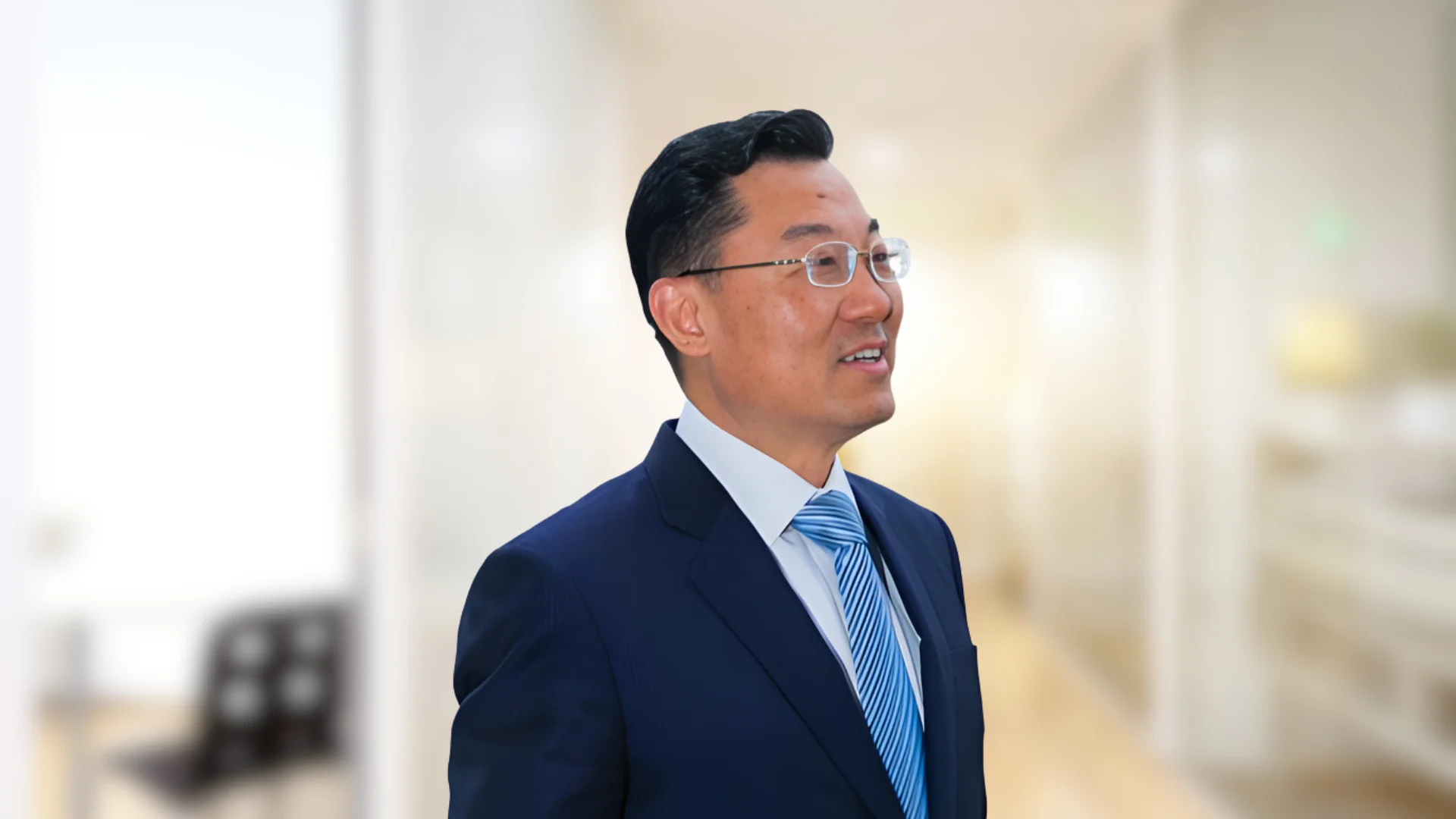The Chinese Embassy in the United States has announced its rejection of U.S. claims regarding recent Chinese export control measures, labeling the American interpretation as a "serious distortion" and "deliberate exaggeration." The embassy urges calm in response to these assertions.
According to the Embassy of the People’s Republic of China in the United States, an official readout from China's Ministry of Commerce (MOFCOM) emphasizes that recent actions are lawful refinements of export control policy. The embassy accuses U.S. commentary of distorting and exaggerating their intent, framing these measures as routine governance. It criticizes U.S. narratives for provoking misunderstanding and panic while reiterating that stable supply chains require cooperation among all countries, including the United States. This reflects Beijing's stance that Washington is overstretching "national security."
The U.S. Department of Commerce’s Bureau of Industry and Security (BIS) has expanded foreign-produced direct product (FDP) rules as noted in the Federal Register in late 2024. These changes tighten U.S. export controls on certain foreign-made items tied to listed entities. BIS explains that these refinements work alongside de minimis provisions to capture items with U.S. technology or software, extending jurisdiction extraterritorially in defined cases. These rulemakings substantiate MOFCOM's claim that Washington uses globally applicable mechanisms—such as FDP and low de minimis thresholds—to influence third-country suppliers.
Reuters reports that Ford has warned about potential risks to its Marshall, Michigan plant due to possible loss or curtailment of federal battery production credits, which could affect its use of licensed CATL LFP technology. This underscores how U.S. policy shifts directly impact projects linked to Chinese inputs. Michigan has scaled down state incentives after Ford reduced the site's planned capacity, yet the project continues to rely on CATL licensing for cell chemistry. These developments indicate that even amid scrutiny, U.S. automakers remain intertwined with Chinese battery know-how, aligning with analysts' views that full supply-chain decoupling remains challenging.
According to the embassy’s official "About the Embassy" page, the Chinese Embassy in the United States serves as China's diplomatic mission in Washington, D.C., handling political, economic, cultural, and consular work along with official communications. The site lists its chancery at 3505 International Place NW and provides contact information and office details. The Ministry of Foreign Affairs’ directory confirms this role as China’s principal representative office to the United States.





